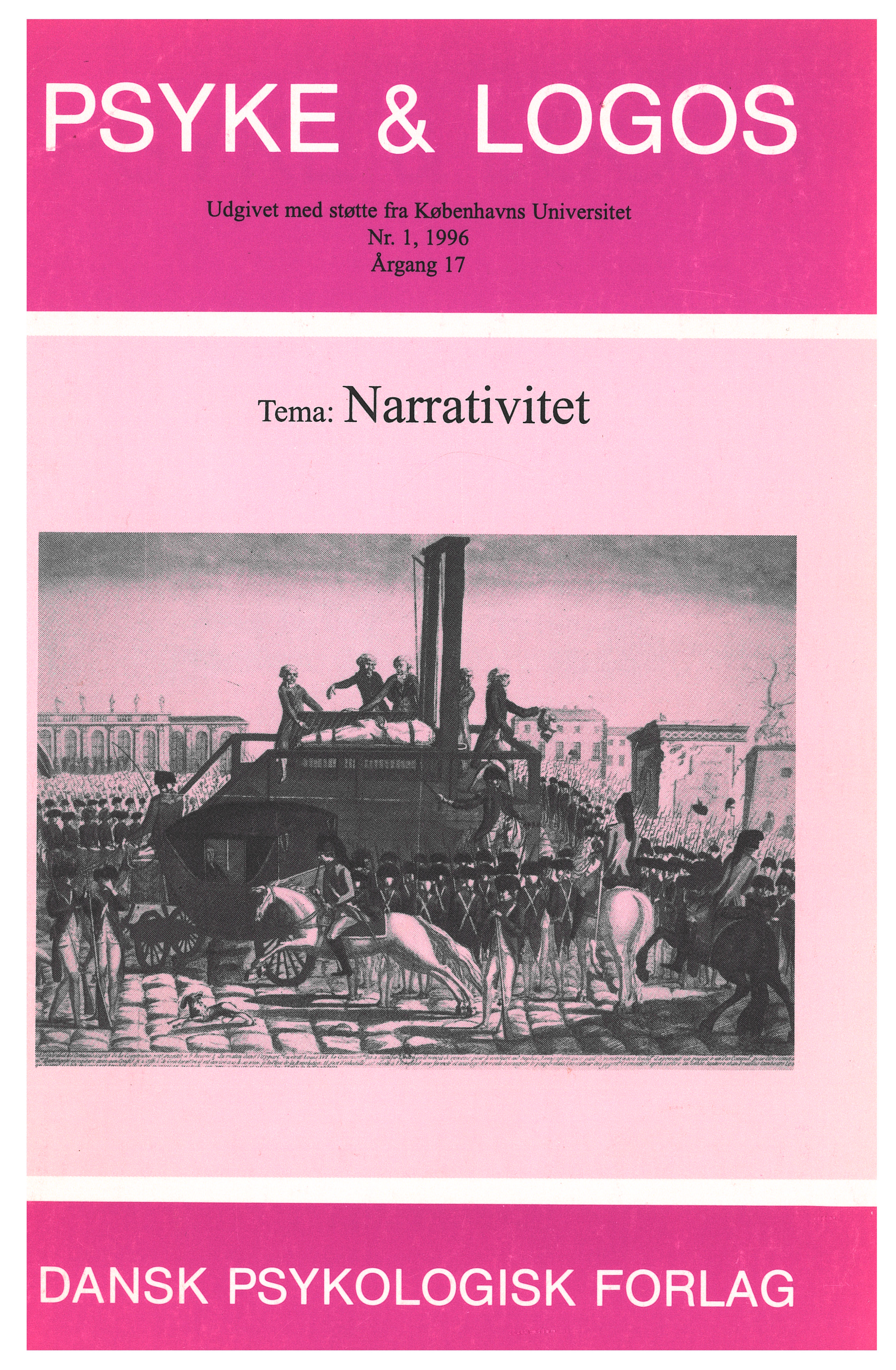DEKONSTRUKTIONENS PLOT
DOI:
https://doi.org/10.7146/pl.v17i1.133293Abstract
In his Poetics Aristotle identifies plot (mythos) as »the soul of tragedy«, its »first principle«. Plot, he says, is both an imitation of the action (praxis) and it is the proper arrangement of incidents: it should »imitate one action and that a whole, the structural units of the parts being such that, if any of them is displaced or removed, the whole will be disjointed and disturbed.« According to a later distinction from Kant's Critique of Practical Reason, plot is both autonomous (related to itself) and heteronomous (related to the outside world). Aristotle, who seeks to vindicate poetry
against Plato, does not consider the latent conflict of these two dimensions, but we may see them as protoconcepts for the modern distinction between story and plot as developed by the Russian formalists (as fabula and sjuzet, respectively. The story is a straightforward relation of the sequence of events in the narration; the plot is the
rearrangement of the narration relative to reader or public, i.e. in terms of aesthetic value. This distinction has been taken over by Umberto Eco (in Interpretation and Overinterpretation and elsewhere) where he distinguishes between 1) stories with plots; 2) stories without a plot (such as »Little Red Riding Hood«); 3) plot without a story. The third type is monstrous, thinks Eco; the act of reading must always move from plot to story, and if there is no story to control it, the plot will merely reproduce itself without critical distinctions. In particular, this openendedness is equal to
not considering the story's truth-value; everything becomes relative to something else, interpretations lead to further interpretations, etc. By contrast, Peter Brooks (in Reading for the Plot) argues that there is no story which is not also invariably a plot; in the final analysis the distinction that every story which situates itself relative to truth suppresses its own aesthetic arrangement; there is always a plot behind the story. Eco, on the other hand, insists on the distinction since the interminable chain of interpretative manoeuvres is intolerable, in fact a continuation of medieval gnosticism
- and he looks upon deconstruction as a modern hermetic development of this kind of pansemiotic pragmatism.
Downloads
Published
How to Cite
Issue
Section
License
Ophavsret er tidsskriftets og forfatternes. Det er gældende praksis, at artikler publiceret i Psyke & Logos, som efterfølgende oversættes til andet sprog, af forfatteren frit kan publiceres i internationale tidsskrifter, dog således at det ved reference fremgår, at den oversatte artikel har et forlæg i en dansksproget version i Psyke & Logos. Artikler kan frit deles og linkes til på forsknings- og undervisningsnetværk (så som Blackboard). Link foretrækkes, fordi det giver oplysning om brug af tidsskriftets artikler.




